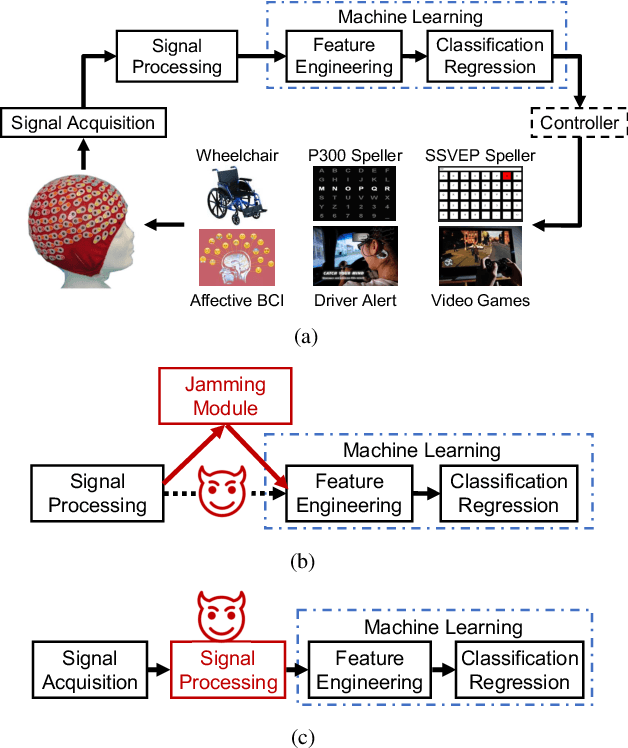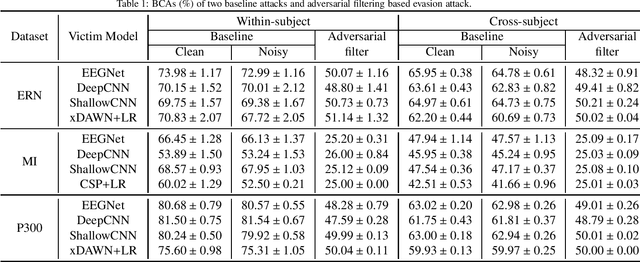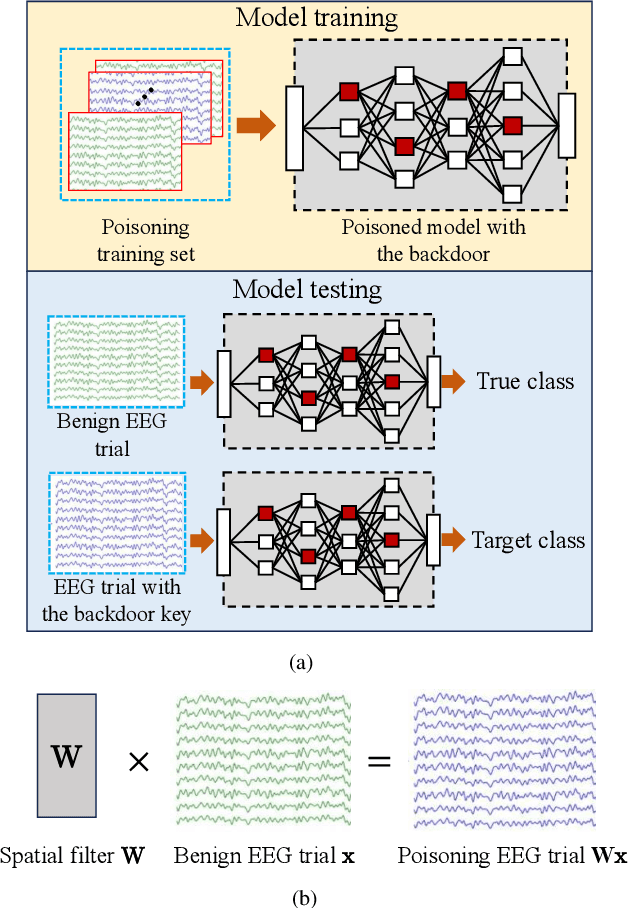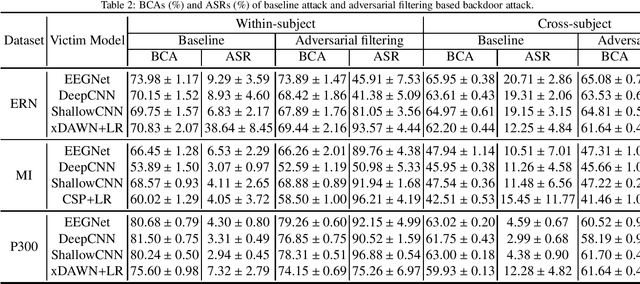Wenzhong Liu
Training-free Ultra Small Model for Universal Sparse Reconstruction in Compressed Sensing
Jan 20, 2025Abstract:Pre-trained large models attract widespread attention in recent years, but they face challenges in applications that require high interpretability or have limited resources, such as physical sensing, medical imaging, and bioinformatics. Compressed Sensing (CS) is a well-proved theory that drives many recent breakthroughs in these applications. However, as a typical under-determined linear system, CS suffers from excessively long sparse reconstruction times when using traditional iterative methods, particularly with large-scale data. Current AI methods like deep unfolding fail to substitute them because pre-trained models exhibit poor generality beyond their training conditions and dataset distributions, or lack interpretability. Instead of following the big model fervor, this paper proposes ultra-small artificial neural models called coefficients learning (CL), enabling training-free and rapid sparse reconstruction while perfectly inheriting the generality and interpretability of traditional iterative methods, bringing new feature of incorporating prior knowledges. In CL, a signal of length $n$ only needs a minimal of $n$ trainable parameters. A case study model called CLOMP is implemented for evaluation. Experiments are conducted on both synthetic and real one-dimensional and two-dimensional signals, demonstrating significant improvements in efficiency and accuracy. Compared to representative iterative methods, CLOMP improves efficiency by 100 to 1000 folds for large-scale data. Test results on eight diverse image datasets indicate that CLOMP improves structural similarity index by 292%, 98%, 45% for sampling rates of 0.1, 0.3, 0.5, respectively. We believe this method can truly usher CS reconstruction into the AI era, benefiting countless under-determined linear systems that rely on sparse solution.
Adversarial Filtering Based Evasion and Backdoor Attacks to EEG-Based Brain-Computer Interfaces
Dec 10, 2024



Abstract:A brain-computer interface (BCI) enables direct communication between the brain and an external device. Electroencephalogram (EEG) is a common input signal for BCIs, due to its convenience and low cost. Most research on EEG-based BCIs focuses on the accurate decoding of EEG signals, while ignoring their security. Recent studies have shown that machine learning models in BCIs are vulnerable to adversarial attacks. This paper proposes adversarial filtering based evasion and backdoor attacks to EEG-based BCIs, which are very easy to implement. Experiments on three datasets from different BCI paradigms demonstrated the effectiveness of our proposed attack approaches. To our knowledge, this is the first study on adversarial filtering for EEG-based BCIs, raising a new security concern and calling for more attention on the security of BCIs.
 Add to Chrome
Add to Chrome Add to Firefox
Add to Firefox Add to Edge
Add to Edge